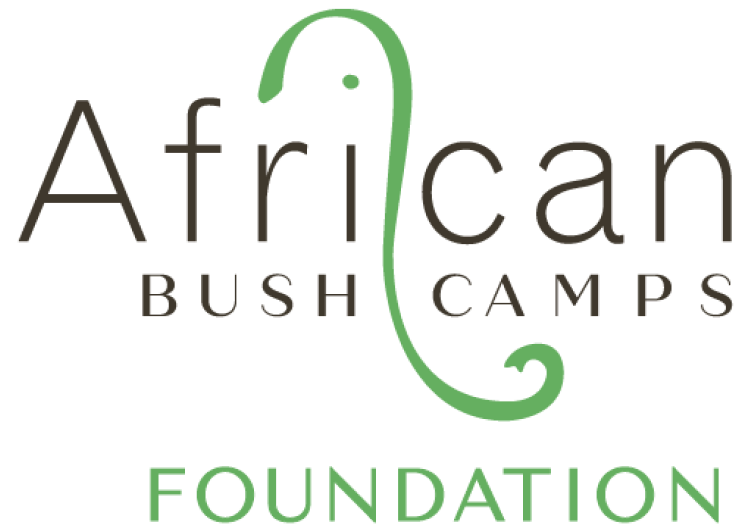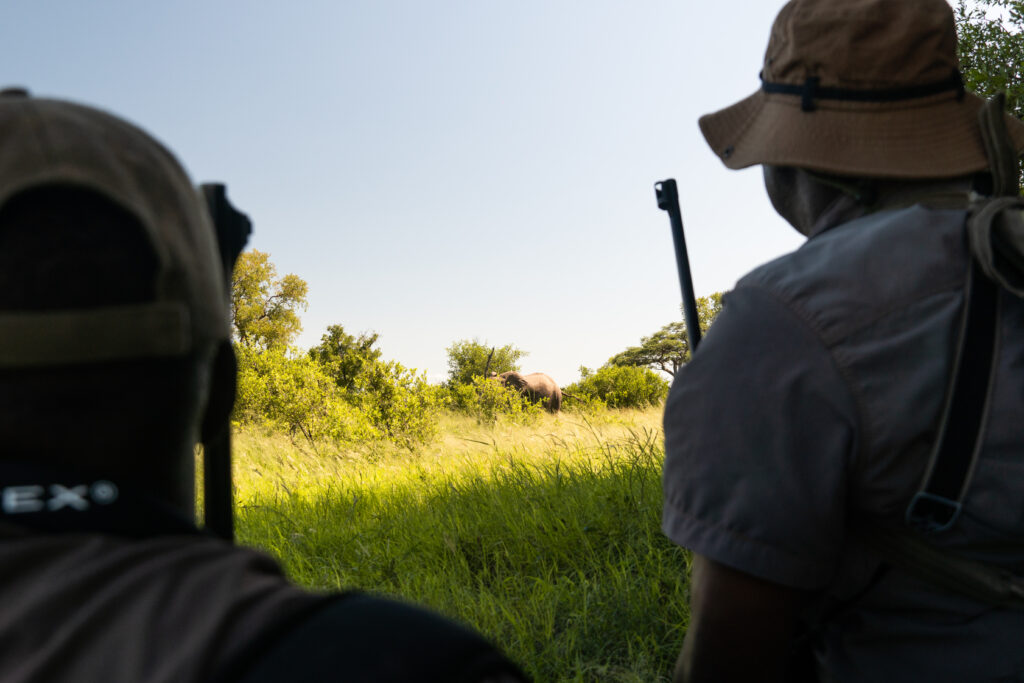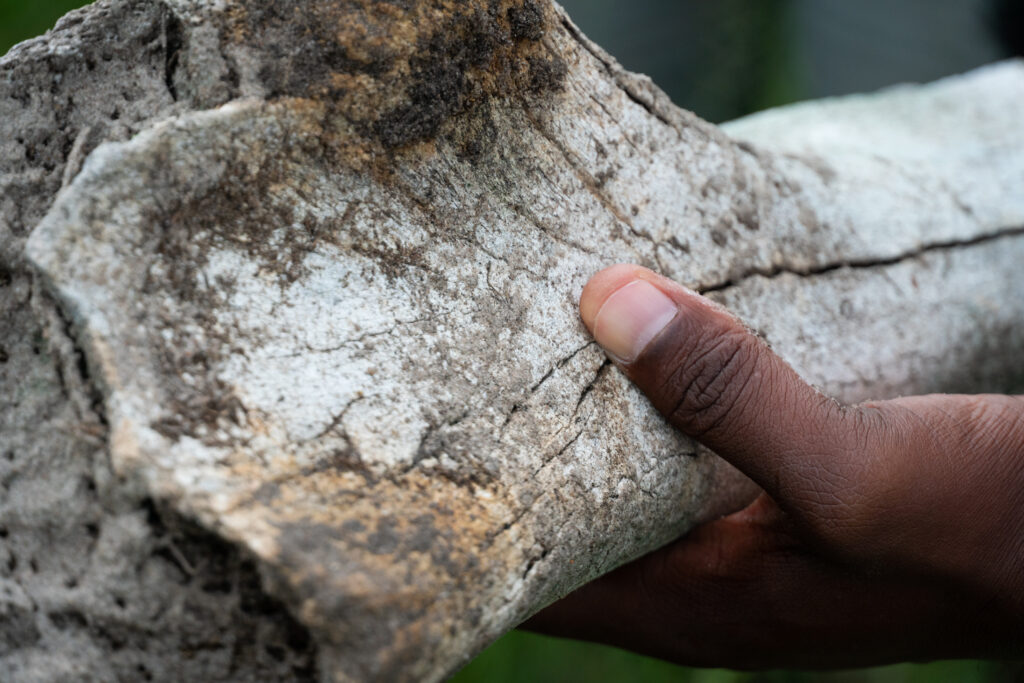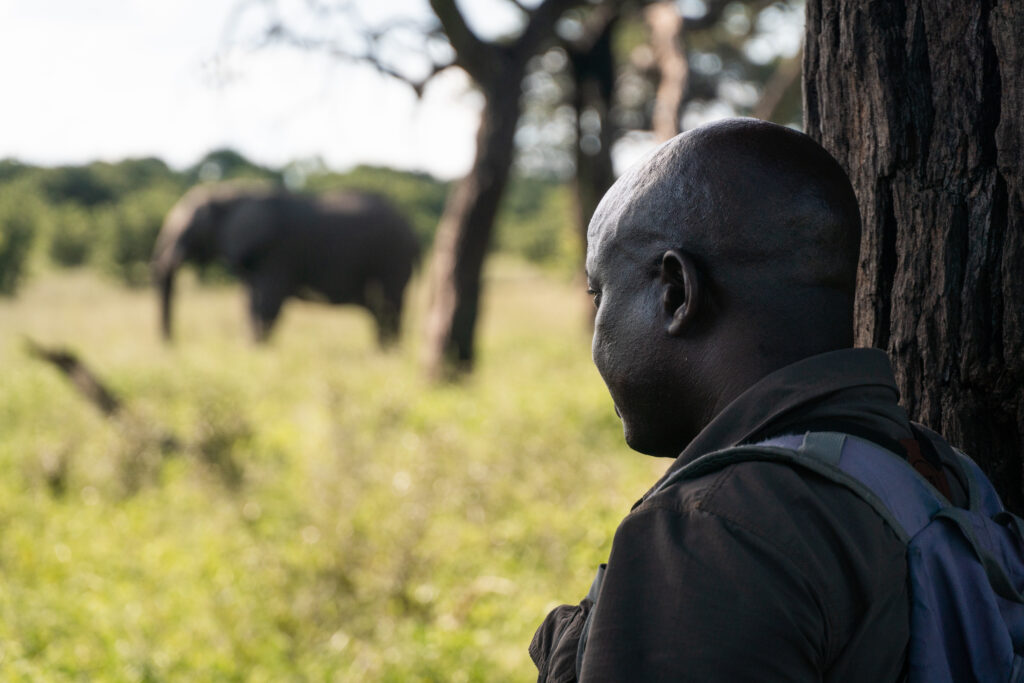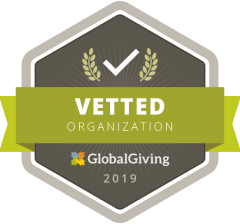Mana Ranger Program-Anti Poaching Unit, Zimbabwe
Zimbabwe’s Mana Pools National Park is one of Southern Africa’s most remote and idyllic wildlife destinations. It is an acclaimed UNESCO world heritage site. Being so remote and secluded on two countries’ borders makes it an attractive target for wildlife poaching.
With over 6 million people living below the poverty line, the high cost of living continues to have a devastating impact on the livelihoods of communities. This has a knock-on effect on wildlife in areas where communities are living along the borders of national parks, as animal poaching continues to steadily increase. We are seeing more wildlife shootings in our parks for meat supplies as the community is actively poaching animals in a desperate attempt to feed their families.
About our Project
Our Ranger Program is actively supporting the anti-poaching efforts in the Mana Pools National Park. We built an additional anti-poaching unit in 2021, which is giving the National Parks additional capacity. The unit is a fully equipped and resourced anti-poaching operation base. We also launched a Ranger Protein Supplement Program as part of our support for rangers and their families who live and co-exist alongside the wildlife in the parks. This program provides an alternative source of protein which results in preserving wildlife by stopping the harvesting of animals in the parks.
In 2022, we completed the freezer storage project in Mana Pools which will allow us to continue to provide meat rations to 80 rangers and their families in the area. Our ranger ration program is currently supplying 1080 kg of beef meat to the community every month. With over 12,960KG of meat supplied to ranger families in 2022, we have actively contributed to the reduction of animal poaching in Mana Pools which will go a long way towards increasing the wildlife population in the area.
Our next focus is to continue with the ranger rations program and to increase our support for the anti-poaching efforts in the area by adding additional anti-poaching rangers in the area to boost operations and combat the rising wildlife crime in the National Parks.
We anticipated a 50% reduction in animal poaching in 2022 because of this program and a steady decline over the next 3 years to zero poaching by 2025. We have achieved 100% savings for big to medium-sized wildlife by neutralizing the annual hunting quota. (Annual Average 20 elephants, 12 buffalo, and medium to small size antelope).
We can preserve our wildlife for future generations by implementing the anti-poaching unit, conservation awareness, and education in our communities and parks. This project has the potential to drive attitude and behavioral changes in the communities and instill respect for wildlife and the environment, which will be passed down to the next generation
Total spending for 2022: $126,000
Total projected costs for 2023: $ 104,000
